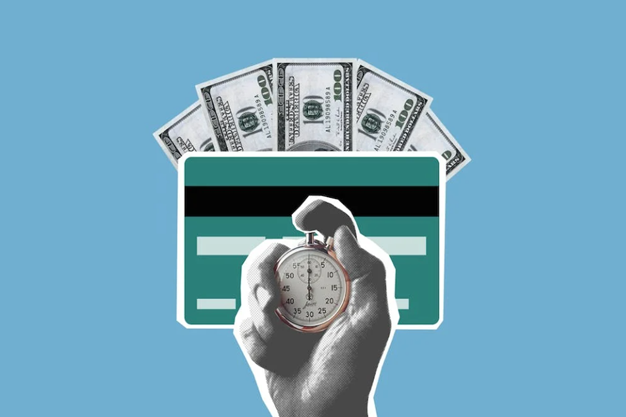In today’s fast-paced and consumer-driven world, breaking the Chains of Debt may seem like an elusive dream. However, with conscious effort and a commitment to financial discipline, it is possible to break free from the shackles of debt and pave the way for a more prosperous future. In this blog, we will delve into the top four habits that often lead individuals into the perilous cycle of debt. By understanding and acknowledging these habits, you can empower yourself with the knowledge needed to make informed decisions and steer clear of financial pitfalls.
- Living above your means
One of the primary reasons people find themselves drowning in debt is their tendency to live beyond their means. Falling prey to societal pressure and the desire for status, individuals often spend excessively on trends and material possessions. This habit leads to a fragile financial foundation as income fails to keep up with extravagant expenses. To break free from this cycle, it is crucial to assess your financial situation realistically and adopt a sustainable budget. Differentiating between needs and wants can help prioritize spending and prevent unnecessary debt accumulation.
- Taking debts to settle another debt:
Using one debt to settle another may seem like a temporary solution, but it only prolongs the vicious debt cycle. By resorting to this practice, you end up paying more than you originally owed due to higher interest rates. Instead of seeking short-term relief, focus on tackling your debts systematically. Consider creating a repayment plan, prioritizing high-interest debts first, and exploring options for debt consolidation or refinancing. Breaking free from this habit requires patience and a long-term approach to debt management.
- Impulsive buying:
We live in a consumer-driven society where advertisements and marketing strategies constantly tempt us to make impulsive purchases. Giving in to these urges without considering our financial limitations can quickly lead to mounting debt. Before making any purchase, especially expensive ones, pause and evaluate whether it aligns with your financial goals and means. Practicing delayed gratification and conducting thorough research before buying can save you from unnecessary debt and promote smarter financial decision-making.
- Overusing credit cards:
Credit cards can be convenient and offer various benefits, but misusing them can spell financial disaster. When you rely heavily on credit cards and accumulate a significant balance, you’re essentially spending funds you don’t yet possess. This habit often leads to high interest charges and difficulties in repayment. To avoid this, make a habit of using credit cards responsibly. Set a limit on your credit card spending that you can easily repay each month. Paying off the full balance on time helps build a positive credit history while preventing debt from piling up.
Escaping the chains of debt requires awareness, discipline, and a willingness to make positive changes to your financial habits. By recognizing and avoiding negative patterns in your money spending, you can pave the way for a more stable and prosperous financial future. Remember, breaking the cycle of debt is a process that requires commitment, but the rewards are undoubtedly worth it. Smart Money Education offers comprehensive tools and expertise to further enhance your financial literacy journey. Smart Money Education can empower you with the knowledge and skills needed to make informed financial decisions and build a solid foundation for long-term financial success. To embrace the path to financial freedom and smartly manage your money, visit https://www.smartmoneyeducation.comtoday.

